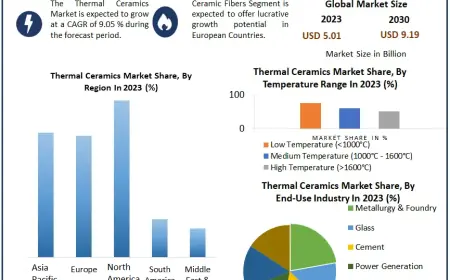Transforming SMBs: AI Integration and Data Security in E-Commerce
Explore how AI-powered e-commerce platforms revolutionize SMBs by enhancing pricing analysis, inventory management, and data security through encryption and blockchain technology.

AI-powered e-commerce platforms scale SMB operations by providing sophisticated pricing analysis and inventory management. Encryption and blockchain applications significantly mitigate concerns about data security and privacy by enhancing data protection and ensuring the integrity and confidentiality of information.
A 2024 survey of 530 small and medium-sized businesses (SMBs) reveals that AI adoption remains modest, with only 39% leveraging this technology. Content creation seems to be the main use case, with 58% of these businesses leveraging AI to support content marketing and 49% to write social media prompts.
Despite reported satisfaction with AI’s time and cost-saving benefits, the predominant use of ChatGPT or Google Gemini mentioned in the survey suggests that these SMBs have been barely scratching the surface of AI’s full potential. Indeed, AI offers far more advanced capabilities, namely pricing analysis and inventory management. Businesses willing to embrace these tools stand to gain an immense first-mover advantage.
However, privacy and security concerns raised by many SMBs regarding deeper AI integration merit attention. The counterargument suggests that the e-commerce platforms offering smart pricing and inventory management solutions would also provide encryption and blockchain applications to mitigate risks.
Regressions and trees: AI under the hood
Every SMB knows that setting optimal product or service prices and effectively managing inventory are crucial for growth. Price too low to beat competitors, and profits suffer. Over-order raw materials, and capital gets tied up unnecessarily. But what some businesses fail to realize is that AI-powered e-commerce platforms can perform all these tasks in real time without the risks associated with human error.
At the center is machine learning, which iteratively refines algorithms and statistical models based on input data to determine optimal prices and forecast inventory demand. The types of machine learning models employed vary across industries, but two stand out in the context of pricing and inventory management.
Regression analysis has been the gold standard in determining prices. This method involves predicting the relationship between the combined effects of multiple explanatory variables and an outcome within a multidimensional space. It achieves this by plotting a “best-fit” hyperplane through the data points in a way that minimizes the differences between the actual and predicted values. In the context of pricing, the model may consider how factors like region, market conditions, seasonality, and demand collectively impact the historical sales data of a given product or service. The resulting best-fit hyperplane would denote the most precise price point for every single permutation or change in the predictors.
To Know More, Read Full Article @ https://ai-techpark.com/ai-integration-and-data-security-in-e-commerce/
Related Articles -
CIOs to Enhance the Customer Experience
Trending Category - IOT Smart Cloud
What's Your Reaction?
 Like
0
Like
0
 Dislike
0
Dislike
0
 Love
0
Love
0
 Funny
0
Funny
0
 Angry
0
Angry
0
 Sad
0
Sad
0
 Wow
0
Wow
0
















































